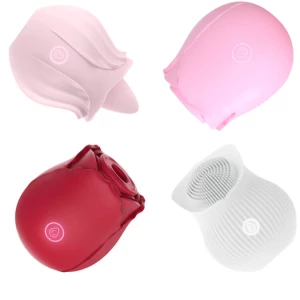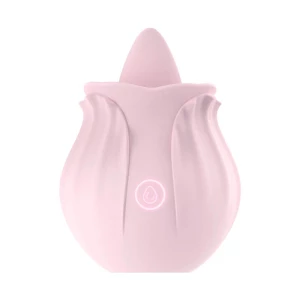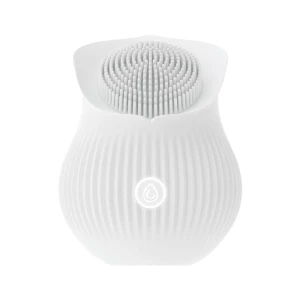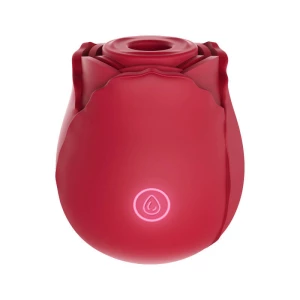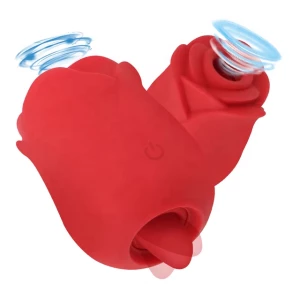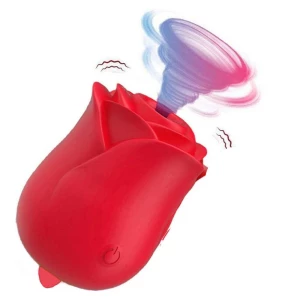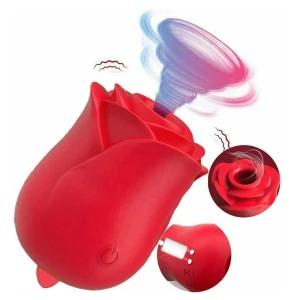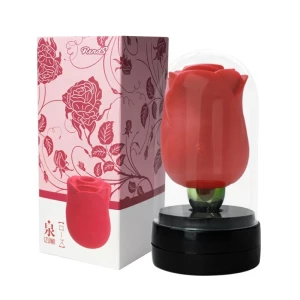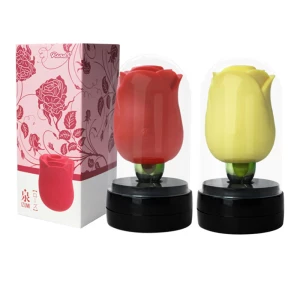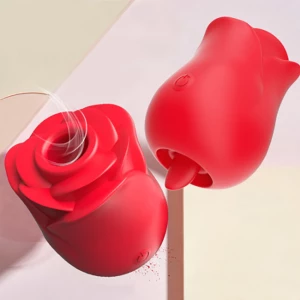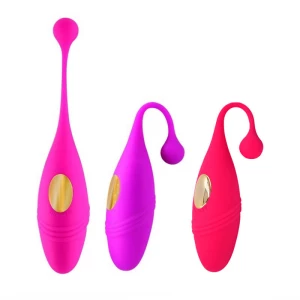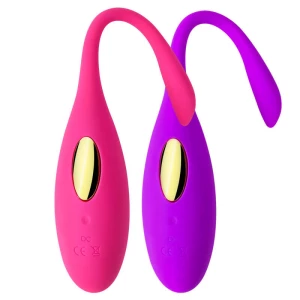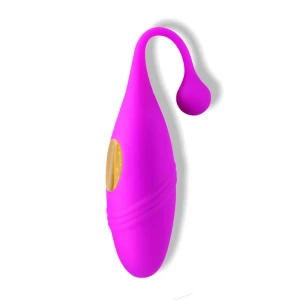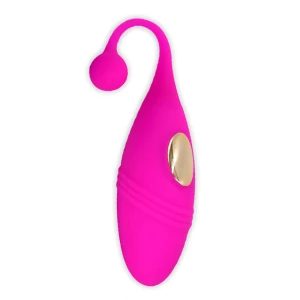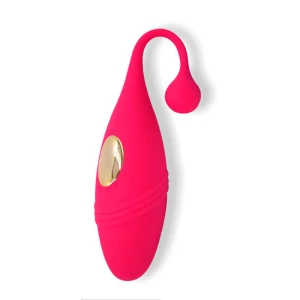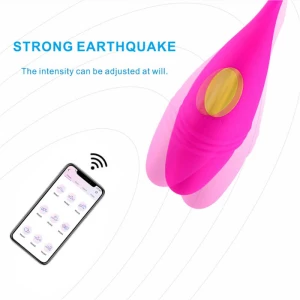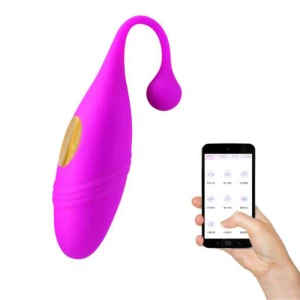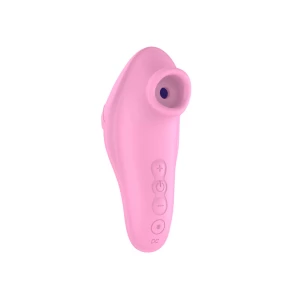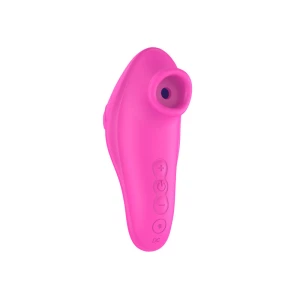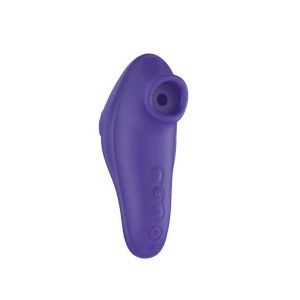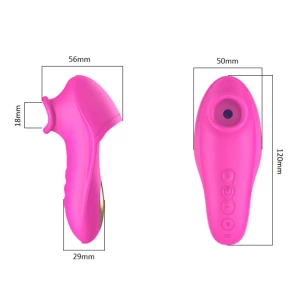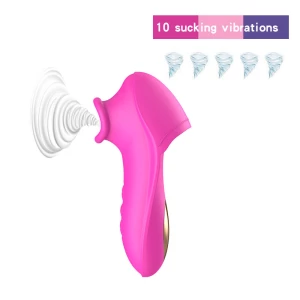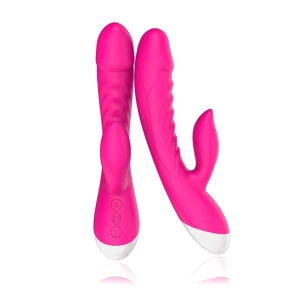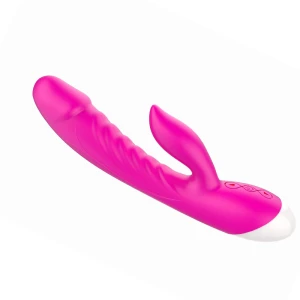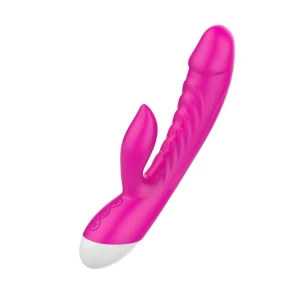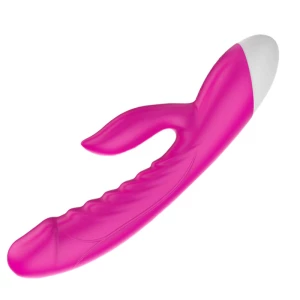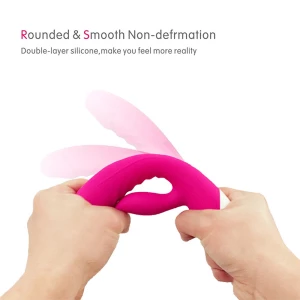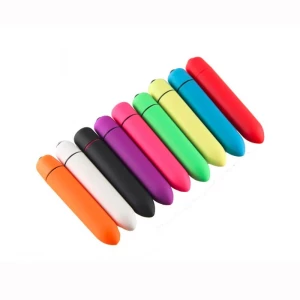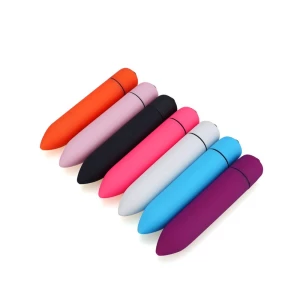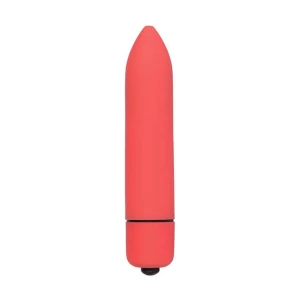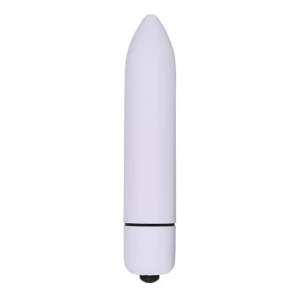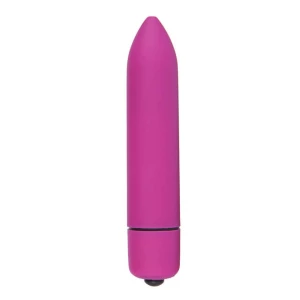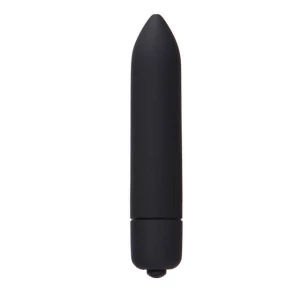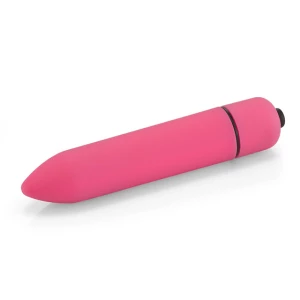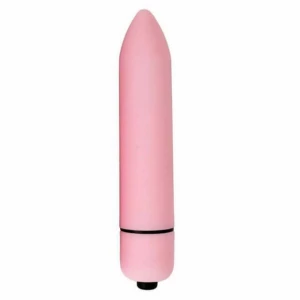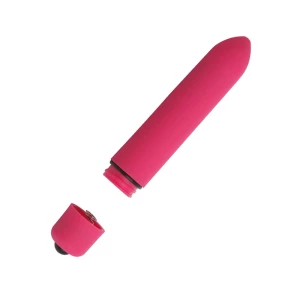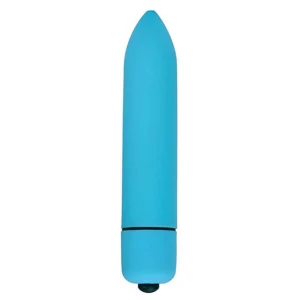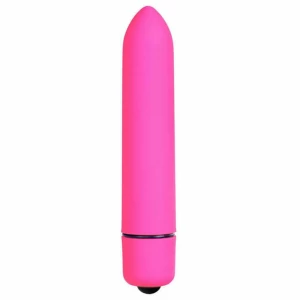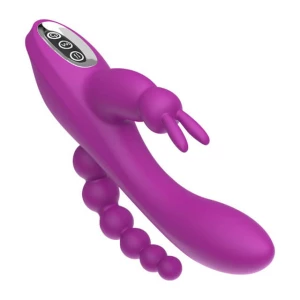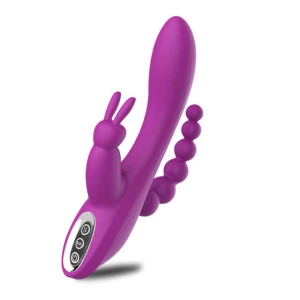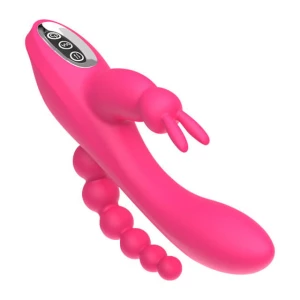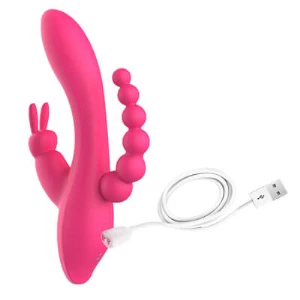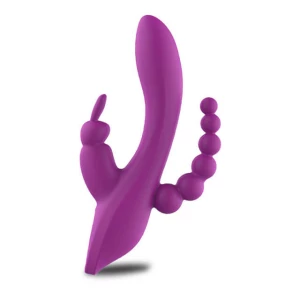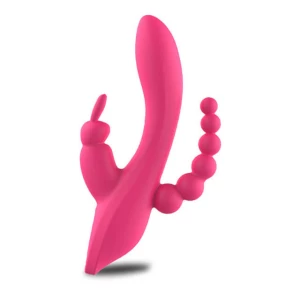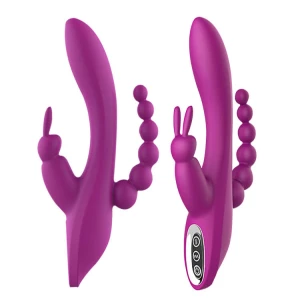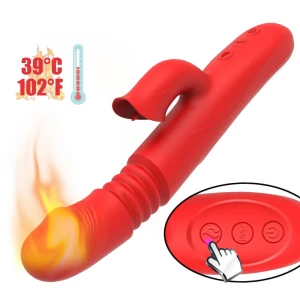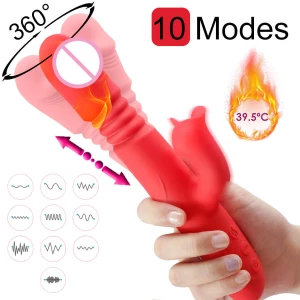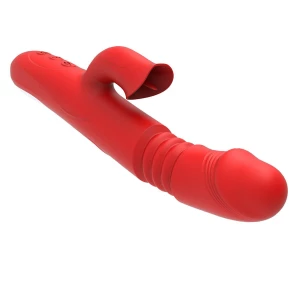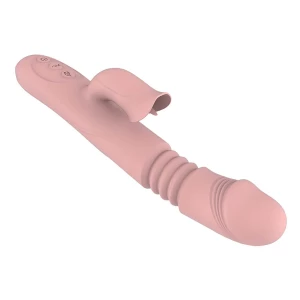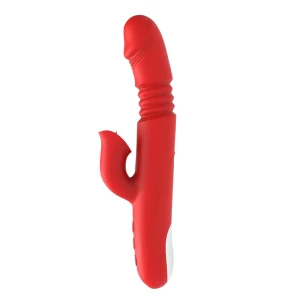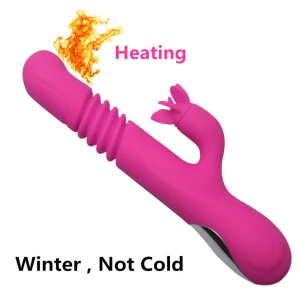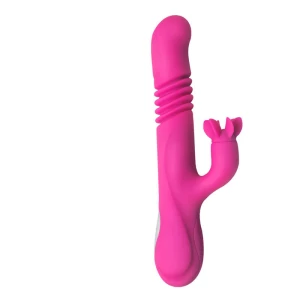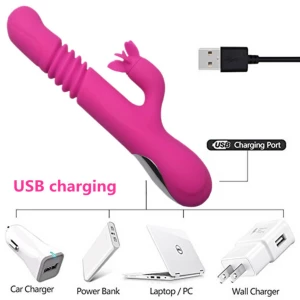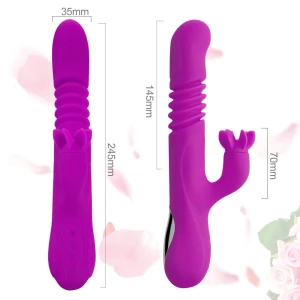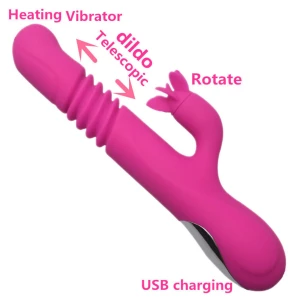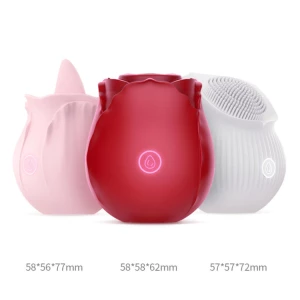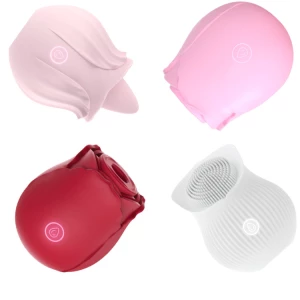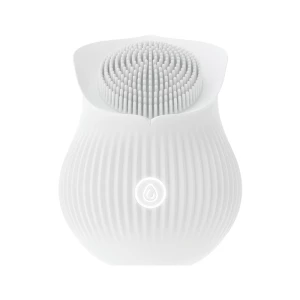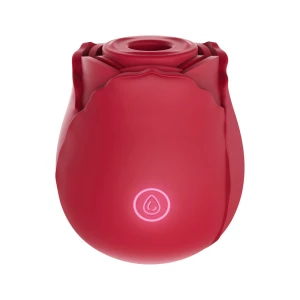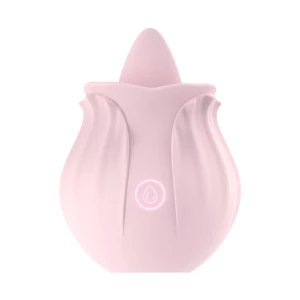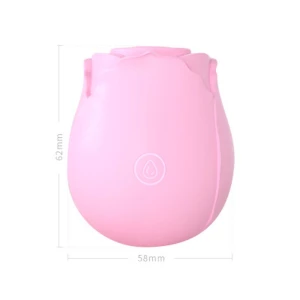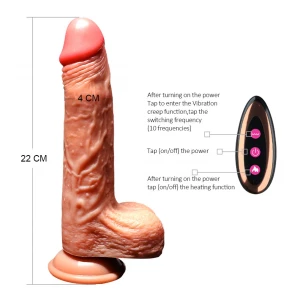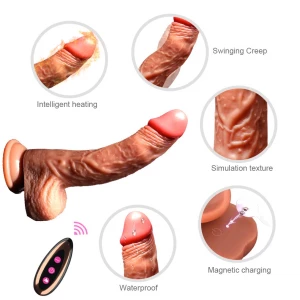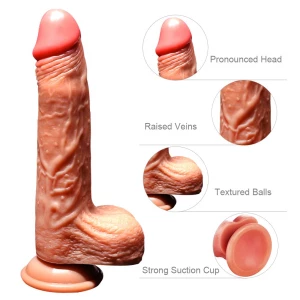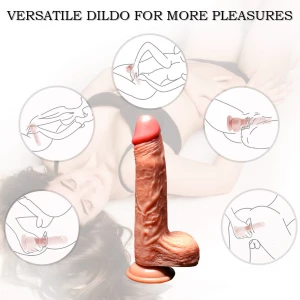Best Concrete Vibrator Solutions for Construction Projects in 2025
In the fast-evolving construction industry, a concrete vibrator is an indispensable tool for ensuring durable and bubble-free concrete structures. Whether you're working on residential buildings, bridges, or industrial projects, selecting the right vibrator can significantly impact efficiency and quality. This guide covers everything from types and features to buying tips and FAQs.
How to Find Reliable Concrete Vibrator from China in 2025
China remains a top supplier of construction machinery, including concrete vibrators. To find reliable suppliers in 2025:
- Check certifications like CE, ISO, and SGS.
- Review supplier ratings on platforms like Alibaba.
- Request product samples or factory audits.
- Compare warranty and after-sales support.
What Buyers Should Know Before Buying Concrete Vibrator from China
Before purchasing, consider:
- Shipping costs and lead times: Factor in logistics for budget planning.
- Compatibility: Ensure the vibrator suits your project’s concrete mix.
- Local regulations: Verify compliance with your country’s safety standards.
Types of Concrete Vibrator
Common types include:
- Internal vibrators: Ideal for deep pours and high-density concrete.
- External vibrators: Used for prefabricated elements or formwork.
- Surface vibrators: Perfect for slabs and flatwork.
Functions and Features of Concrete Vibrator
Key features to look for:
- Variable speed control: Adjusts vibration intensity for different mixes.
- Durable construction: Stainless steel or hardened shafts resist wear.
- Ergonomic design: Reduces operator fatigue during prolonged use.
Scenarios of Concrete Vibrator
Typical applications:
- High-rise buildings: Ensures uniform compaction in columns and walls.
- Road construction: Eliminates air pockets in pavement layers.
- Tunnel projects: Provides consistent vibration in confined spaces.
How to Choose Concrete Vibrator
Selection criteria:
- Project scale: Smaller projects may need portable models, while large sites require heavy-duty units.
- Power source: Electric, pneumatic, or hydraulic options based on site conditions.
- Frequency range: Higher frequencies (10,000–15,000 RPM) suit stiff mixes.
Concrete Vibrator Q & A
Q: How long does a concrete vibrator last?
A: With proper maintenance, high-quality vibrators can last 5–7 years.
Q: Can I use one vibrator for all concrete types?
A: No. Adjust the frequency and amplitude based on mix viscosity.
Q: What’s the price range for a good vibrator?
A: Prices vary from $200 for basic models to $2,000+ for industrial-grade units.
Q: How do I prevent air entrainment?
A: Avoid over-vibrating—typically 5–15 seconds per insertion is sufficient.
Q: Are Chinese vibrators reliable?
A: Yes, many Chinese manufacturers meet global standards, but always verify certifications.



